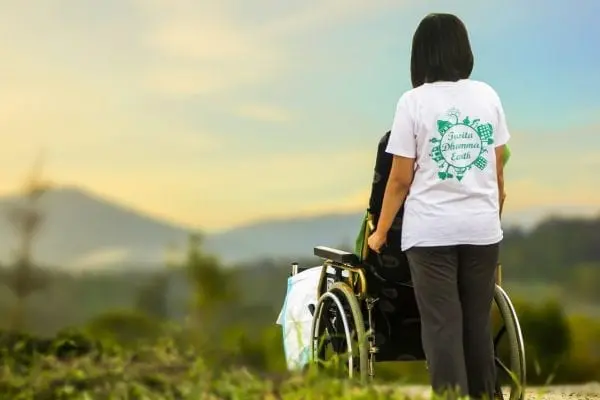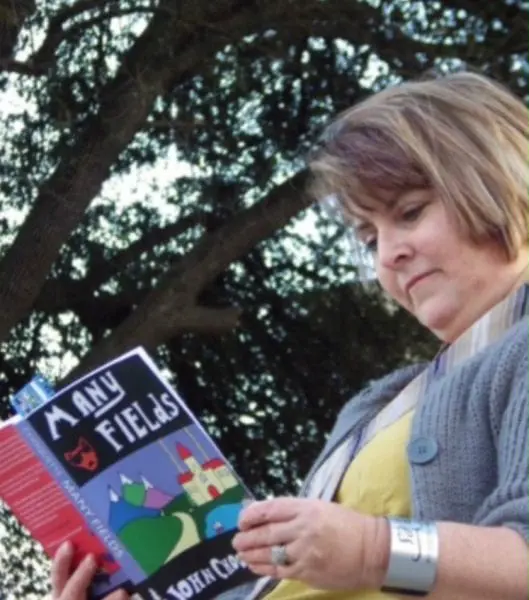When to Bring in a Caregiver

We like to think we can do it all. We can juggle things like work and school with the needs of our family, regardless of if that family includes young children, aging parents, or both. There’s a pervasive myth in parts of society that goes something like “If you love someone, you can’t ask for help taking care of them.” That’s true of new moms who are going back to work after a child is born, as rude people will often ask them, “Are you OK with a stranger raising your baby?” It’s also true of adult children thinking of bringing in a caregiver for a parent. In those cases, they’ll likely hear something like “But your parents took care of you, so now you should take care of them.”
That type of all-or-nothing thinking does nobody on either side any favors. All it does is let people who don’t know what they’re talking about feeling smug and superior. No one should be expected to do it all without ever getting a break.
Ongoing medical care
Most people who attempt to take care of ailing family members are not medically trained. They’re not even close. Yet many adult children still refuse to give themselves permission to call in help even then. It’s hard, but we have to realize our limits. Diseases like dementia and Alzheimer’s can be incredibly frustrating and complicated. The patient can become angry and even violent. Any untrained person who tries to take that on around the clock is hurting both him or herself and the loved one.
If you still aren’t sure, talk to your parent’s doctor about their condition and your expectations for the type of care you’re looking to provide. A physician can tell you whether or not you’re setting yourself up to fail. So many children are filled with guilt when they think of bringing in a home health care provider a few days a week, but that guilt is misplaced. You can’t be expected to help with things like medication, personal hygiene, entertainment, and more on a 24/7 basis. Trained medical professionals are required by law to take breaks to recharge. You have the right to some personal time as well.
Hospice care
Even doctors can’t always predict when a patient is in their final days and weeks. Some people go suddenly, while others defy predictions and hang on for a few extra months, if not years. It’s not uncommon for patients to seem like they’re well on the road to recovery, then decline precipitously. Even patients who are not in their final days may require a special kind of assistance. Hospice care and palliative care are somewhat related concepts, but they cover different stages in a patient’s illness. Hospice care happens in the final weeks and months of someone’s life. Palliative care can happen while someone with, for example, late-stage cancer who is still undergoing treatment. Hospice care doesn’t mean all medical treatments have stopped, but it does place a focus on pain and symptom management. Both fields require caretakers with loads of patience and compassion, as it’s stressful work that takes up a lot of emotional energy. If your loved one has been sick for a while and you aren’t sure what to do next, talk to him or her and ask what he or she wants, assuming your loved one is able to communicate his or her needs. Palliative care or hospice care might be a sensible next step.









